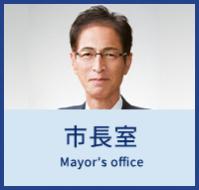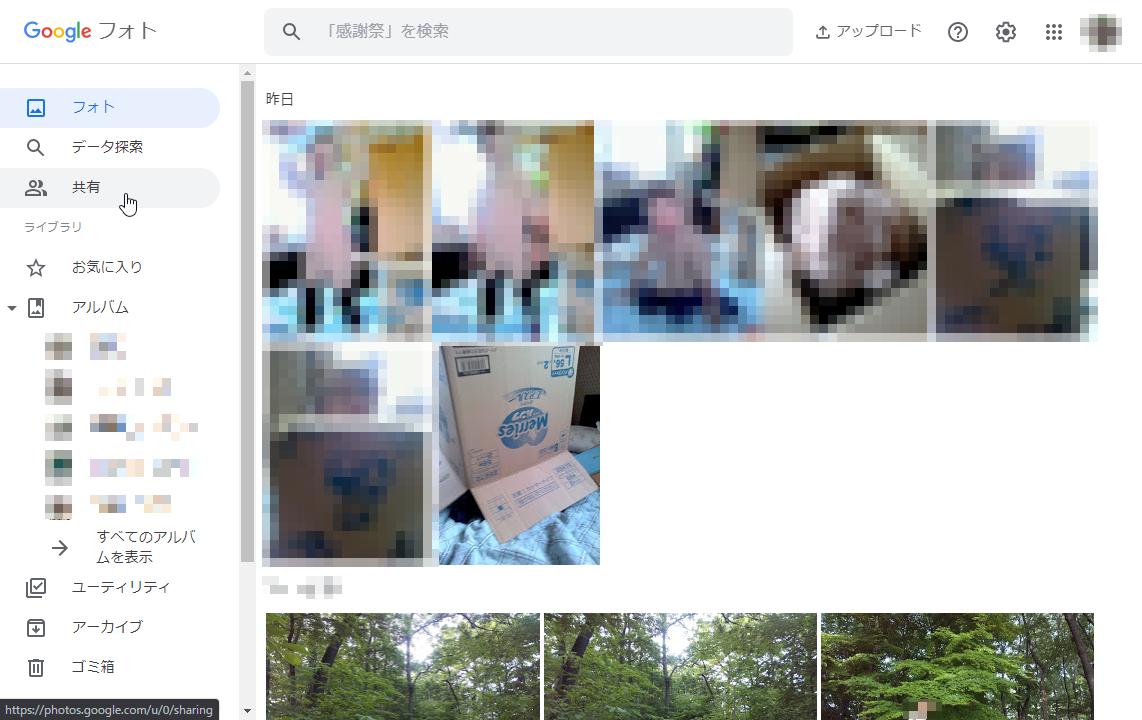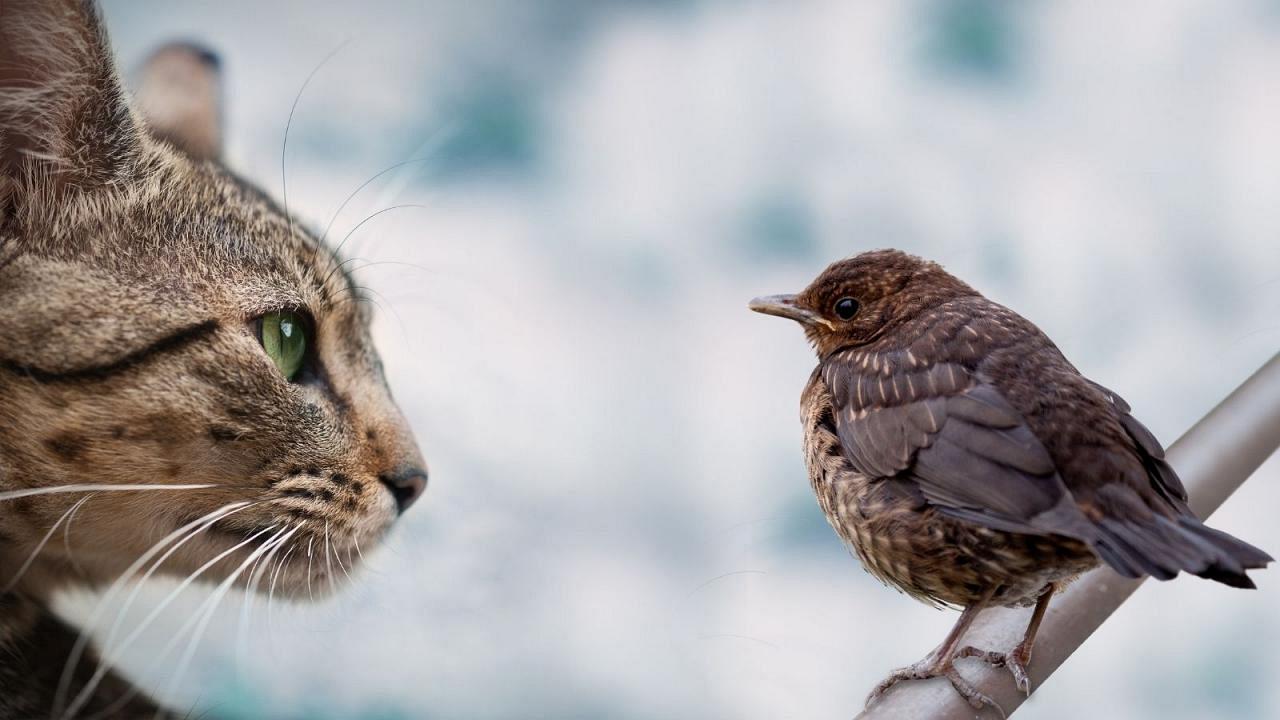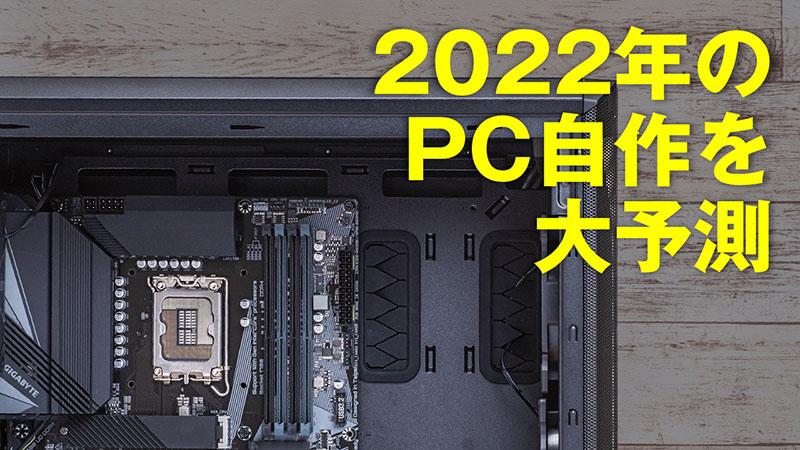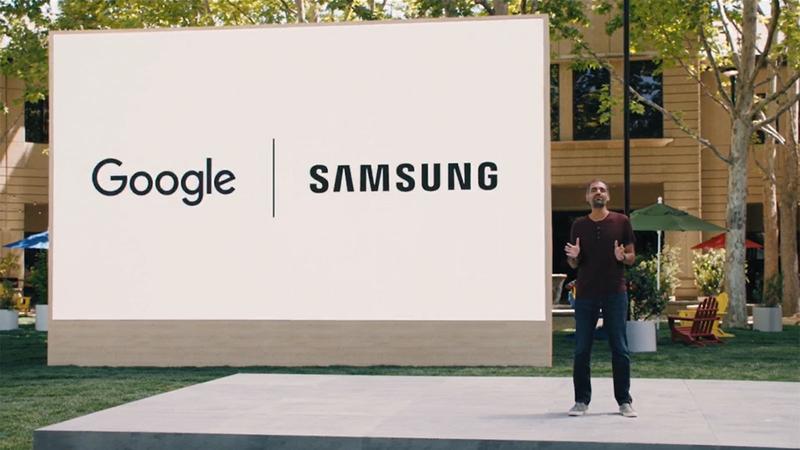Tenjo Tenka Yuigadokuson Tsurubo-chan's Road to Anime P Part 3 (Part 1) I came to the dubbing site for the first time, but I haven't heard that the sound director is so funky?
delivery
0 comments 0 commentsShion Tsurubo

JO1's Shion Tsurubo, who professes to love animation, aims to become a dream animation producer and learns how to make animation from the beginning. This time, I visited the dubbing studio of Magic Capsule, a sound production company involved in many anime works, and learned about the voice actors who bring characters to life, and the work of sound directors who are involved in casting and acting guidance for voice actors. During the interview, I will be able to observe the actual dubbing! Since the volume has become larger than expected, we will deliver it separately in the first part and the second part. [Image] Shion Tsurubo (25 others) Interview / Moe Nishimura / Taichi Kasuya / Moe Nishimura Photo / Mibu Soga Hair Makeup / Sayuri Nishio Stylist / Shoko Masuda Cooperation / JCSTAFF / Magic Capsule Title / Shion Tsurubo ■ Magic What kind of company is capsule? Magic Capsule is a company founded in 1970 by Susumu Akitagawa, a sound director who has been involved in the field of sound since the dawn of Japanese animation, from Mushi Production. The trust from the industry is very strong, and we are involved in many animation sounds. One of them is the TV anime "Mewkledreamy Mix!", Which Mr. Tsurubo visited the production site at JCSTAFF last time. Magic Capsule's own studio is located in Shibuya-ku, Tokyo, but the detailed location is a secret. I entered from the quiet entrance in the basement. □ With a sound director aiming to be the best in the industry ... First, let's take a look at the dubbing booth. Open the double door for soundproofing and go inside. Shion Tsurubo Excuse me. ?? Hello! Mr. Fumihiko Odera, the sound director, welcomed me with a dashing greeting. Mr. Odera, whose Mohawk style is eye-catching, seems to be aiming to be the most funky sound director in the industry. Today, I will show you around the studio on the 1st. Tsurubo Thank you. Fumihiko Odera Nice to meet you, Tsurubo-kun. I think you have experience in a recording studio, but is this your first time seeing an anime dubbing scene? Tsurubo Yes. Odera Then, let me explain the basic flow of dubbing. In the case of 30 minutes of TV animation, the main story is about 20 minutes if the opening, ending and CM are removed. It is recorded in half, such as A part and B part. First, test through Part A, then discuss with the staff. After telling the voice actors the corrections, it's all through. From there, we call it "only", but we record only the parts that interest us individually. After this series is over, take a break and this time the B part. When it comes to theatrical animation, it continues with the C part, D part, and E part. Tsurubo Through rehearsals and discussions ... The same is true when we practice performances. Odera: That's right, I think it's the same in every industry. By the way, dubbing is also called "extension of theater". It's just an act of recording one stage, and it's basically the same as a play. Tsurubo I see. □ A maximum of 20 voice actors can have a monitor in front of the microphone, which is a unique feature of Odera Anime's dubbing studio in one room. The floor is carpeted so that there is no footsteps, and the chairs are erected on the wall so as to surround the microphone. Right now, I'm limiting the number of microphones in one room to three in Corona, and recording one by one while partitioning with a vinyl curtain, but originally, with four microphones, up to about 20 voice actors take turns. However, it is recorded at once. Tsurubo Yes, 20 people !? Odera Yes. In short, it's a voice actor who appears in that part, so there may be fewer. Basically, dubbing is called "mic work", and when your turn is over, you go down from the front of the microphone, sit in a chair and wait quietly until the next turn. Does Tsurubo mean that if it is a scene where 20 people record and only 3 people talk, 17 people will see it? Odera That's right. Tsurubo is embarrassed! (Laughs) When we sing, there is absolutely one person in the booth, and there are at most 10 staff members in the room on the other side, but even such a big veteran will record while looking from behind. At first, I think that my heart is terrible. Odera And you shouldn't make noise. In any laughing scene, everyone kills their voice and puts up with it. Tsurubo Wow, I can't! (Laughs) Mr. Tsurubo trying to practice microphone work with Mr. Odera. It's about time to move to the front of the microphone with a rubbing foot, but on the contrary, if there is a sound, it's no good. Even if I walk while being careful about "Shinobi, Shinobi ...", the sound of my pants rubbing between my right and left legs seems to come out. According to the sound director, the actual cast pays attention to the material of the clothes worn during dubbing. □ Encounter of fate with Ruki-kun After showing me the dubbing booth, I went to the adjustment room next door. ... and before that, a cute customer came. The dog that was held by Mr. Odera was owned by sound director Jin Aketagawa. A mix of Chihuahua and Pekingese, he is 1 year and 3 months old. It seems that Mr. Aketagawa is always brought to work. Odera This is Ruki-kun. Tsurubo Yeah, Ruki-kun !? Our members also have (Shiroiwa) Ruki-kun. Odera What a coincidence. Ruki is also our idol dog. It's an enviable guy who is loved by many famous actors (laughs). Tsurubo Ruki-kun. Don't tremble, Ruki-kun. Ruki-kun is uncomfortable with Tsurubo-san's hug. When Mr. Tsurubo gave up and gently placed it on the floor, he rushed out of the dubbing booth. ■ What is the adjustment room? In the adjustment room, the staff will watch over the cast's dubbing. In the case of Magic Capsule, the sound director, mixer, and mixer assistant are lined up from the left of the front seat, the director is in the middle of the back, and the director and producer sit on both sides of it. Odera Even so, the equipment is more compact. In the old days, it was not uncommon for a large recording studio to cost 100 million yen. Tsurubo 100 million !? Daiji 100 million is not enough, but there are also things like 200 million. It costs 50,000 just to call for repair once. In the past, I needed that much equipment, but now that I can do most of the work on my computer, the equipment has become quite compact. Tsurubo I've never touched this kind of thing when I went to the studio. I'll get angry if I do something. If you spill coffee when you're an assistant to Odera, you'll end up saying, "Wow, that's the end of my life ... !!" (laughs). Tsurubo If it was 100 million equipment ... Odera I can see it infiltrating in slow motion, but I can't seem to stop it. Tsurubo Aha! (Laughs) □ What the mixer should note in the test What is a mixer? The work of operating an audio device to adjust the balance of multiple sounds to create a sound that matches the image required by the sound director. Mr. Tsurubo also sat down at the mixer and touched the audio equipment. Tsurubo This is not 100 million, isn't it? Odera All right, this is about 600,000. Tsurubo 600,000 is expensive! (Laughs) Oh, you can see that room on this monitor. Odera Looking at the monitor, the mixer makes a note in the script of who entered what microphone and how loud it was heard during the test. Based on that, we will go to the actual production so that the optimum recording can be done. That's why voice actors also have to enter the same microphone for the test and the actual performance. Tsurubo This monitor (the volume and sound quality are reflected in a wave shape) is too detailed, isn't it? If you look at it all the time, it will hurt your eyes. Odera But, well, I'm crazy about this for about 300 days out of 365 days. Even an assistant will learn how to use the equipment in about a year and will have a regular job. Tsurubo 1 year? But even if I make a mistake, I'll have to start over again ... Odera That's right, everyone unexpectedly does it (laughs). It's okay because I think that there are absolutely no mistakes in a scene with a sense of tension, but in a scene that doesn't happen, sometimes something like "Ah ..." (laughs). In such a case, please obediently ask the voice actors to "please do it again!". □ Soft when telling redo The sound in the adjustment room is usually not heard in the dubbing booth. The sound director presses a button called Talkback and sends instructions to the cast in the dubbing booth. After doing the Odera test, I have the voice actor wait for me and get feedback from the director. After that, we asked the director, producer, scenario writer, and original author for their opinions. The sound director converts it into an easy-to-understand language and conveys it to the voice actor. It's one of my jobs to put the feelings of the voice actor, so even if I said "Hmm, I don't speak out so much ..." Let's make a soft proposal like "Let's be cheerful and cheerful!" Tsurubo Certainly, it is the same when recording songs. He kindly says, "Will you do it like this next time?" Caffeine is a must because dubbing is a long time. It's exciting to hear that every recording studio has a coffee machine. In the back is the personal belongings of JC STAFF producer Yuji Matsukura. This is a health goods presented to the cast and staff, and Mr. Matsukura seems to always use it while watching dubbing. □ I witnessed the work of a professional, and people gathered in the adjustment room here. Because today is the recording date of the 48th episode of "Mewkledreamy Mix!". When sound director Jin Aketagawa, director Hiroaki Sakurai, and producer Matsukura take their seats, the air at the site is tightened at once. Mr. Tsurubo will also be allowed to visit, but since conversations other than those involved are strictly prohibited, we will quietly watch over them. First, the A part was recorded by Rie Kugimiya, who played Yuni, Misaki Kuno, who played the next role, and Natsumi Fujiwara, who played the role of Hagi. The moment the three people hear the first line of breathing together, Mr. Tsurubo opens his eyes with "...!". Recording proceeded at a good tempo with almost no corrections, and then to the B part. This time, Mikako Takahashi, who plays the role of Omoro, came to the dubbing booth. Like Omorrow, who wants to excite everyone, Mr. Takahashi has a bright and friendly personality. During the direction, I suddenly heard Mr. Takahashi screaming "Hya!". When he immediately pressed the talkback button and asked what happened, he apparently spilled tea. Fortunately, Mr. Takahashi tried to reassure the staff by saying "It's okay !!" because it didn't depend on the equipment, but the staff in the adjustment room said "I'll decide if it's okay (laughs)". I was crazy about Tsukkomi. Recording of A part and B part is completed in about 15 minutes. What is your impression of Mr. Tsurubo? Tsurubo I was surprised at her first experience. The wording of the lines was amazing, but it was interesting that she had a voice of the role in replying to the instructions such as "Yes" or "I understand!". ■ Let's learn more about sound director Sound director's job is not just to direct the cast after dubbing. Natalie staff asked Mr. Odera, who entered the industry as an assistant mixer and became a sound director with more than 10 years of experience, about the specific work content. ──Please tell us what kind of work you are doing as a sound director. You are in a position to take responsibility for the sound from the beginning to the end. First of all, when the company asks for sound, we audition for the voice actor and decide the cast. Next, I will select staff, but each has their own specialties, such as "the sound of the battle thing that person makes is cool" and "this person has a delicate sound of everyday things", so please ask who you are. We will decide whether to do it and create a team that suits the work. Also, the hardest part is ordering music from the composer. Once the composer has been decided, there is a task called "music menu release" that the sound director always does. ── Music menu out? If you look at the soundtrack, if it's a TV anime, there are about 30 to 50 songs in one cool. The sound director reads the scenario and decides what kind of song he wants. A list of songs that fit the scene where the main character remembers trauma, songs that fit the scene that achieves a dramatic revival, and music variations that are expected to be needed in the play, and finally the director and composer Create a music menu by collaborating with Mr. ── That's a serious responsibility ... That's right. When the time to put out the music menu is approaching, (Aketagawa) Jin-san's tiredness is already ... (laughs). ──Ahaha (laughs). So far, it's the work when the animation starts to move. At dubbing, we will direct the acting as you saw in the interview. It's a task to bridge the gap between what the director wants to do and what the actor has done. After the dubbing is over, in the case of the TV series, we will start the work of "selecting songs". I choose which song to use for which cut from the gekitomo music that the composer has come up with, but since the length of the song and the video do not fit perfectly, "combine only the intro, chorus, and outro. I'd like you to edit it like "I want it". After that, we proceed to the work of "dubbing", which mixes lines, music, and sound effects. I asked the mixer and sound effects to make adjustments such as "It may be hard to hear the lines here" or "I want this sound effect to stand out a little more", or I received a request from the director such as "I want another song here". And, we will repeat the discussion and solidify the sound. ──When you hear the story, there are actually quite a lot of jobs for sound directors. Which of these is the work that you put effort into? After all, is it the direction of dubbing and song selection? I think that is the part where the individuality of the sound director comes out most. The selection of songs is directly related to the sound director's desire to show the scene. ──I see. I would like to ask about the direction of dubbing, but what are the criteria for judging OK take and NG take? This is difficult to explain (laughs). Actually, during dubbing, it's not like I'm thinking about each line, "I'm glad I am now" or "This wasn't good". Maybe I read the script and have a strike zone in myself to some extent, so I'm checking instantly whether I passed or missed the strike zone. Well, I think anyone can understand what went wrong by watching the dubbing many times. The sound director must be able to make an immediate judgment by just looking at it once. ──Do you think that sound directors also need acting ability in terms of immediately judging whether a play is good or bad? I don't think you need acting skills. If the voice actor training center is a place where 0 things can be raised to 1, 2 and 3, then it is our job to make 10 the plays that the actors have finished up to 8 and 9. All you need is analytical and coordinating skills. If there is an order from the director to do this, think about how the actor can change the play to fit it. By the way, I'm originally from an engineer field called a mixer, but about 60 to 70% of the sound directors are from the job of sound production, which involves adjusting the schedule of voice actors and booking studios. About 20% of engineers become sound directors, and the remaining 10% are voice actors or people in the music field. In that sense as well, I wonder if the most required ability of a sound director is the ability to make adjustments. On the contrary, I was one of the engineers who could talk (laughs). In that sense as well, I think that sound director is a moderator. A profession that connects people with different opinions. "What's your opinion? Then what's your opinion?" "Oh, but it's a little different here. What should I do?" Of course, specialized knowledge is important, but I think it's surprisingly important to turn it around (laughs). ──I see (laughs). Lastly, could you tell us the moment when Mr. Odera is working as a sound director and feels the most accomplishment? Oh, that's dubbing. It's a task to assemble and complete all the aligned sounds. After-recording is fun, but I've been crying for over 10 years and actually only once. ── Yeah. On the contrary, I'm also interested in that work (laughs). That's a secret, though (laughs). But with dubbing, the synergistic effect of the video, the voice actor's play, the music, and the sound effects raises emotions and makes me cry quite a bit. Even when I select a song by myself and paste it on the video, I say "Oh, it's decided!". ──It's the moment when you're addicted to what you imagined. If you taste that feeling, you will be addicted to it. A long time ago, when I went to a video school, I was told that "movies and animations are half pictures and half sounds." Sound has a great influence on the work, doesn't it? I am proud of that, and I am doing my job as a sound director every day. ■ Next notice Tsurubo-san's dubbing lesson will be carried over to the next time. Which character did Mr. Tsurubo play? And who is the guest voice actor who will set an example ...? It will be updated near Valentine's Day. We are waiting for your impressions with the hashtag "#Tsurbo-P". ■ Shion Tsurubo Born December 11, 2000, from Shiga prefecture. She made her debut in March 2020 as a member of the boy group JO1 aiming for her global success, being selected by a viewer vote from about 6000 applicants on the survival audition program "PRODUCE 101 JAPAN". .. From March 1st, Amazon Prime Video will deliver the drama "Short Program" starring all JO1 members. The work is based on a collection of short stories by Mitsuru Adachi. Furthermore, on March 11th, the documentary film "JO1 THE MOVIE" Unfinished "-GO to the TOP-", which has been about two years since JO1's debut, will be released on Toho affiliates nationwide. In the TV anime "Fanfare of Adolescence" broadcast this spring, JO1's "Move the soul" will be the opening theme, and Sawano Hiroyuki [nZk]: Junki Kono & Yonashiro Sho (JO1)'s "OUTSIDERS" will be the ending theme.
Last updated: Comic Natalie

